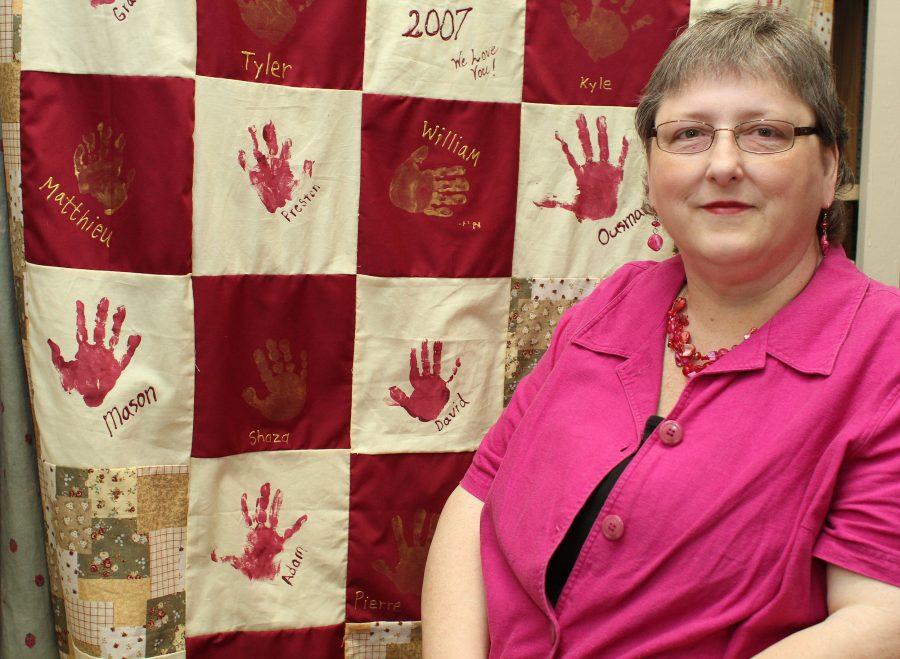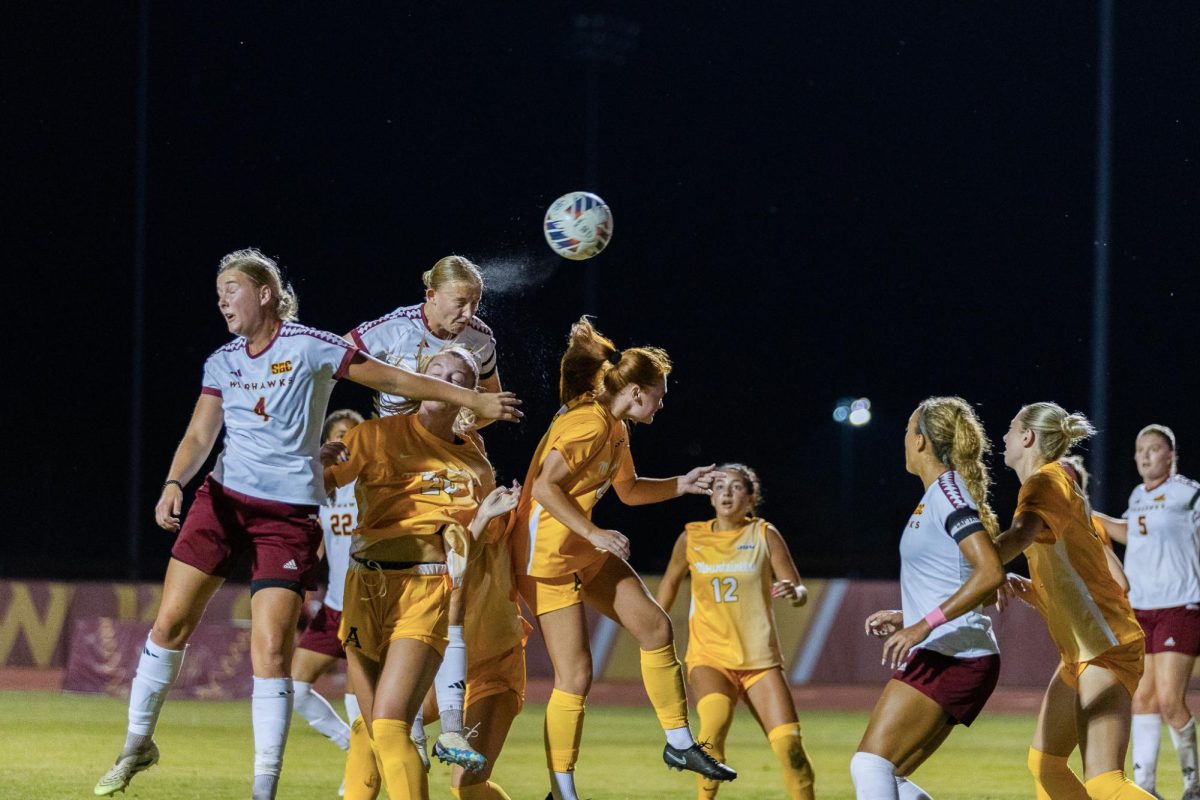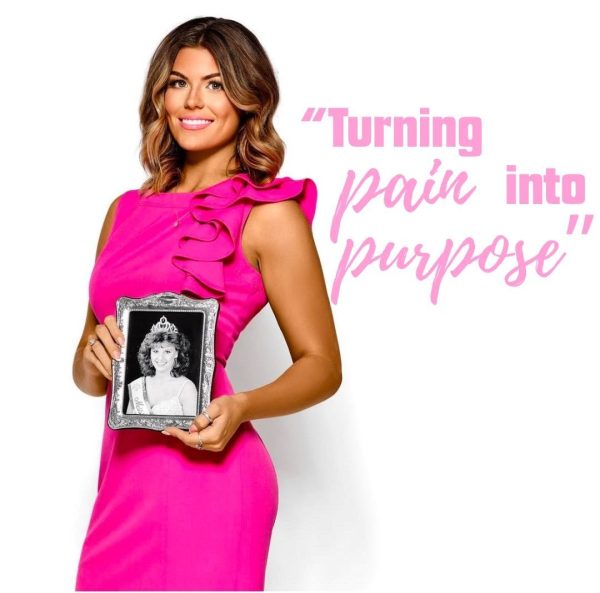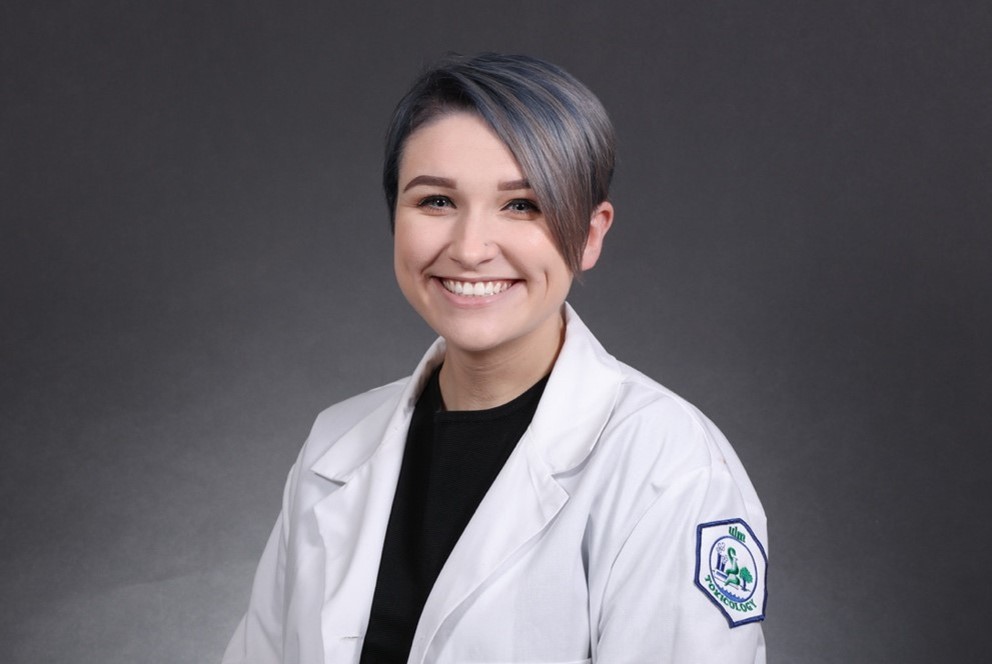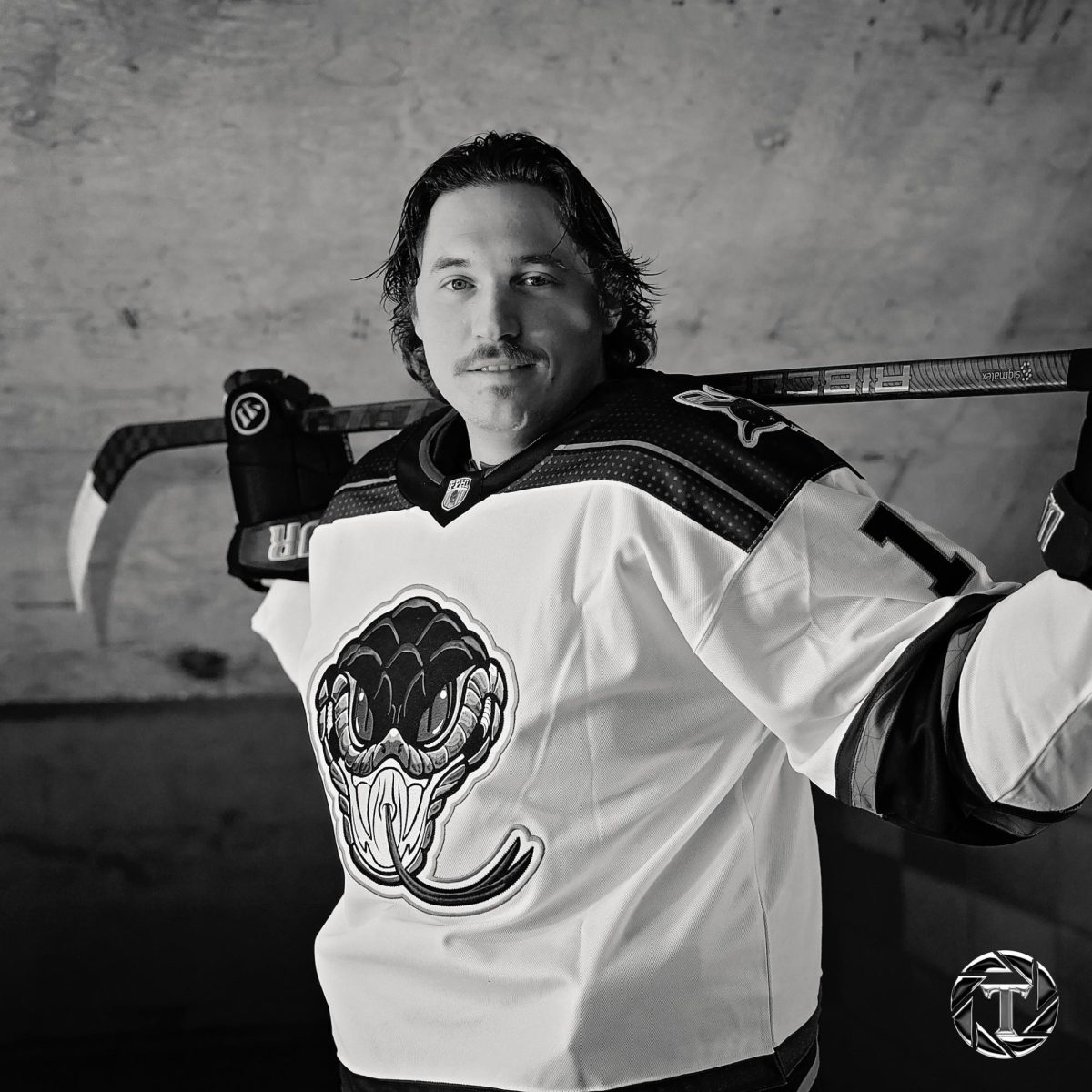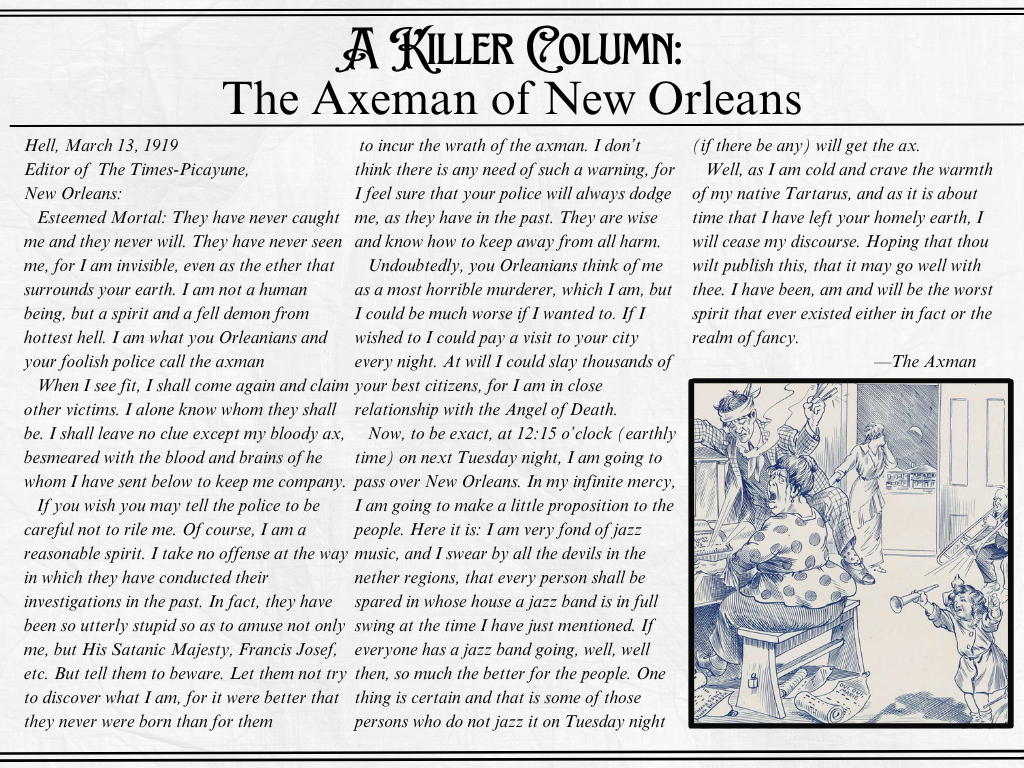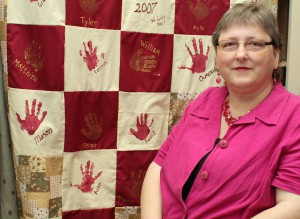 In spring of 2011 Emily Williamson was diagnosed with inflammatory breast cancer.
In spring of 2011 Emily Williamson was diagnosed with inflammatory breast cancer.
Inflammatory breast cancer is a rare type of breast cancer which cancer cells block lymph vessels in the skin of the breast.
Less than six percent of breast cancer patients have this.
Williamson, instructive director of the ULM Child Development Center, first noticed a dry skin patch on her breast and went for a mammogram.
The results were negative for breast cancer.
Uneasy, she obtained a second opinion and a needlepoint biopsy.
The results showed she had stage four inflammatory breast cancer.
Williamson’s first round of chemotherapy lasted six months, followed by a mastectomy of her left breast.
Unsure whether she would need more chemotherapy, she was referred to a doctor in Houston, Texas.
On the day of her first appointment, she noticed a rash on her skin. This was the first reoccurrence, only two months after the surgery.
Williamson began her second round of chemotherapy, and endured a 14-hour long surgery to remove the cancer. This was followed by seven weeks of radiation.
Chemotherapy and radiation have terrible effects on the human body.
Some symptoms are nausea, loss of appetite, and fatigue.
Williamson said that she just keeps putting one foot in front of the other.
“We get up and go to work every day. I don’t get as much done at work as I normally would because you feel so bad, and you’re constantly throwing up, and you are tired and exhausted,” said Williamson.
Robert Williamson, husband to Emily and health profession instructor, said that remaining positive and keeping the ability to laugh is the key.
“Her oncologist told her when we first found out that you have to get up and you have to move. You have to stay active. If you lay on the couch or in the bed, you will die,” said Williamson.
As the battle continued, both Williamsons began to find help from others.
Fellow patients would give tips to help, and share their stories, such as using plastic ware instead of metal to avoid metallic tasting food.
“Having information and being able to disseminate what will and won’t affect you is something you need to look at as well,” Williamson said.
After almost a year in remission, Williamson was once again diagnosed in December of 2013.
Though she went through treatment, Williamson was recently told that her cancer had reappeared and will soon begin her next treatment.
“Typically their pattern is to remove the infected area, so we’ll see if there’s surgery down the road for that,” said Williamson.
Williamson advises everyone to pay attention to their body.
“If somebody feels like something is wrong with him or her physically, check it out. Even if the reports are no, sometimes you just have to be persistent,” Williamson said.


